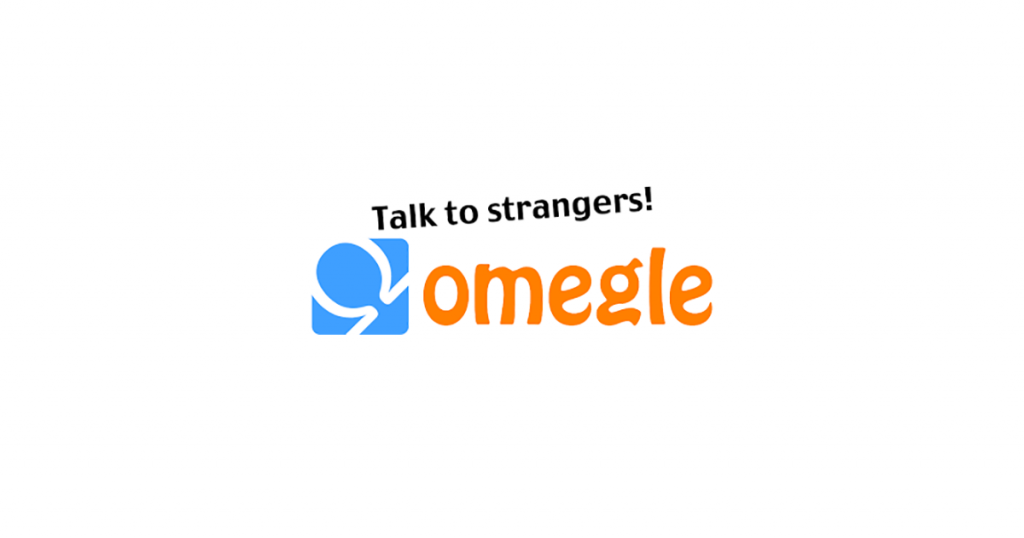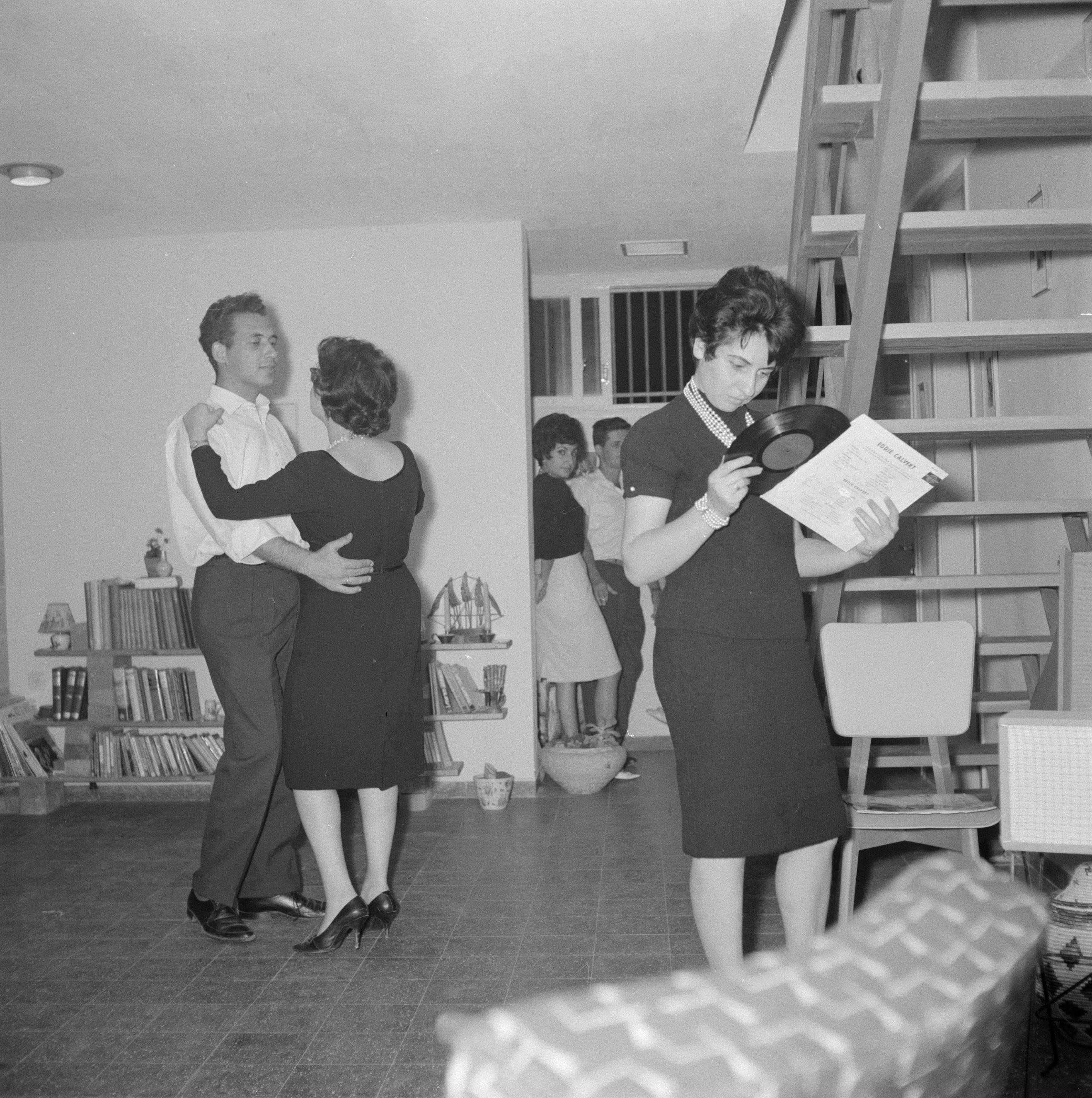I’m pretty sure everyone has shuddered at the thought of their (future) children being on social media at one point or another. It’s not because we think that they will get themselves into trouble, it’s that we’re aware of all of the dangers present when it comes to the range of access and ease on the internet. When I was younger, I knew a lot of my friends wanted to seem more mature and desirable than they were – not saying they were unattractive, they were literally just so young and inexperienced. One of the most extreme examples I can think of was when a friend of mine mentioned that she was messaging someone on KIK, but the only thing was that she had never actually met this person in real life. She met them on the website Omegle and he turned out to be a middle aged man halfway across the world. Omegle is a website where you can both anonymously chat with people from across the globe or choose to use your video camera in the interactions. Of course, this sort of anonymity can lead to a lot of predatory behavior. I have even heard that some people witness activities on this face-to-face feature that are downright gory and questionably legal.

When I was younger I was constantly hearing about the reality of the internet and how you can be sucked into countless scams and fall prey to people with bad intentions. However, I wish people had taken that advice to heart before witnessing some of the terrible things that people can do to young, naive kids. But that’s the thing when we’re young, right? We never take things as seriously as we should because the consequences never appear to be so grave. A more specific example of this sort of occurrence happened when I was about 13 years old and living in the United States. The federal government had to become involved because there was a public twitter page circulating in my city with dozens of underage pornographic photos and videos being posted. And it turned out that this prepubescent content was first obtained by literal adults. This exact situation happened again when I was 16 in high school, once again by an already graduated, fully grown adult.
I have found that lately on TikTok, a lot of trends have been popularized where people are showing off their bodies and dancing skills. However, this can also become questionable when the audience of these trends have bad intentions with the content they are viewing. For instance, the sexualization of young people’s bodies has been a rampant issue on Instagram and Tiktok for years.
This sort of grooming behavior isn’t always done by strange adults on the other side of a screen, however. It can be done by a trusted friend, colleague, supervisor or authority figure, and even family members. It is also much more common than many may believe. Grooming can result in both physical and mental consequences for victims, and it doesn’t all have to occur online. Oftentimes, grooming occurring online can eventually translate to the real world.



Thanks for touching upon such an interesting topic. I often feel (and others probably do to) that kids and teens on the internet act more and more like adults. Sometimes I see kids on Instagram or TikTok video’s wearing cropped tops and doing dances that I, as a parent, would not be too happy about. Children cannot be taught early enough that the internet is a great space, but that at the same time them should be conscious, as you never know to whom you are talking to or what someone’s intentions are.
I really agree with you and judith. I also feel that children are acting and dressing like adults. I personally think that it is because of social media. I personally as a parent would not allow my children to dress and act like this because their is a reason that we are children and not mini adults. Also safety is a big issue.